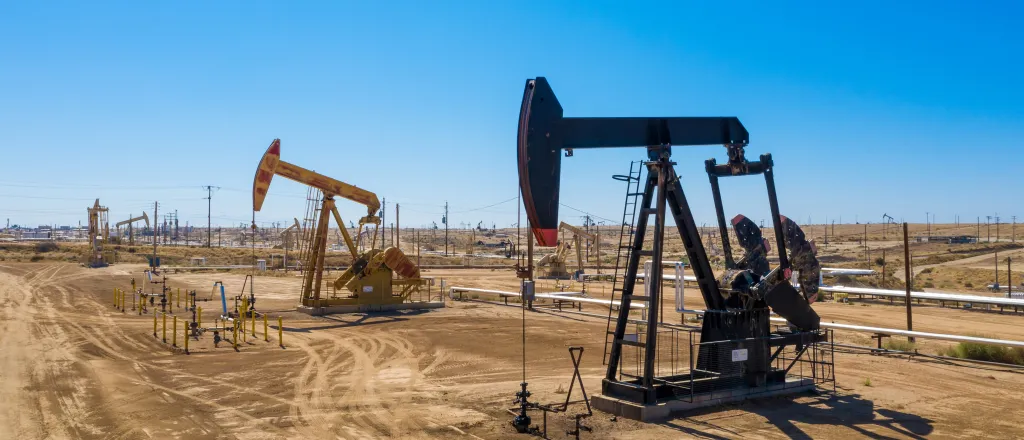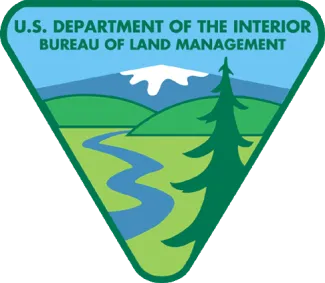
BLM eastern Colorado plan protects future oil and gas leasing on public lands
Click play to listen to this article.
(Colorado News Connection) The Bureau of Land Management has released its final Eastern Colorado Resource Management Plan, which will guide the use and management of over 658,000 acres of public lands for decades to come.
Conservation geographer Alison Gallensky with Rocky Mountain Wild said the plan does a good job of increasing protections for some 300,000 currently undeveloped acres, mostly along the Arkansas River between Salida and Canon City.
"By setting aside several hundred thousand acres," said Gallensky, "to stay the way they are now, for wildlife, for the headwaters for the different tributaries into the Arkansas River."

In addition to protecting areas for hiking, mountain biking, fishing, and hunting - which bring over $54 million into local economies - Gallensky said these lands support healthy ecosystems that can help species survive in a changing climate.
Some environmental groups criticized the BLM's plan for keeping most acres open to oil and gas leasing, but the Western Energy Alliance defended the agency for balancing development with conservation.
The plan paves the way for future oil and gas production on BLM-managed lands in northeastern Colorado, where current production has been linked to a rise in harmful ground-level ozone pollution and the state's failure to meet Environmental Protection Agency clean air standards.
Gallensky said the plan, which has been in the works for nearly a decade, includes old analysis on the true risks of drilling.
"There's been a lot of new information learned about the impacts of oil and gas development and how to transition to cleaner forms of energy," said Gallensky. "And that wasn't as well integrated into the plan as it could have been."
The plan takes thousands of acres off the table for drilling, but those acres are considered to have very low potential for tapping oil and gas.
Advocates say they will ask the Colorado BLM to address the threats of continued fossil fuel development, the primary driver of climate change, by strengthening their Big Game Resource Management Plan Amendment, which is currently accepting public comments.
Support for this reporting was provided by The Pew Charitable Trusts.













